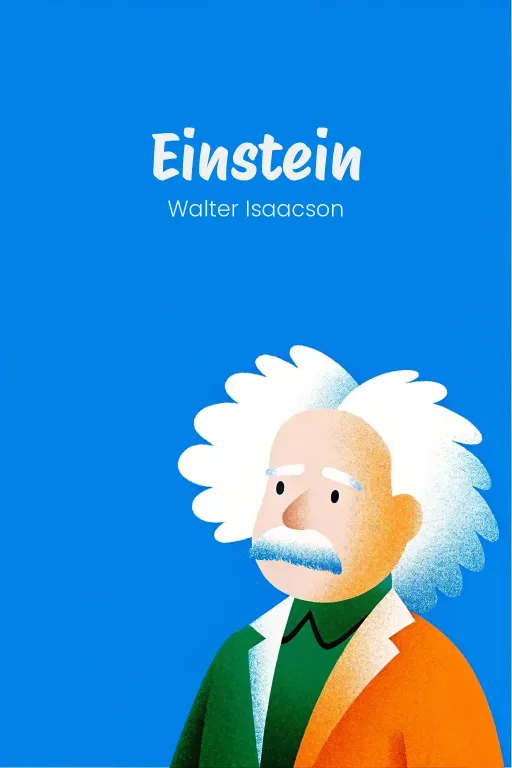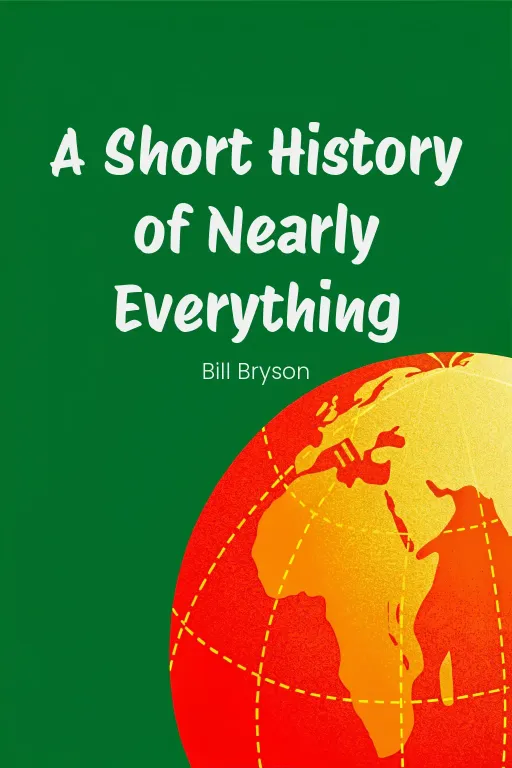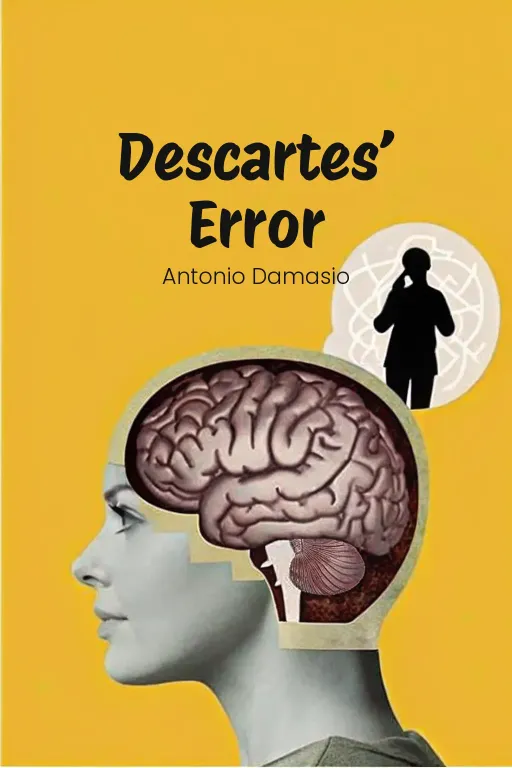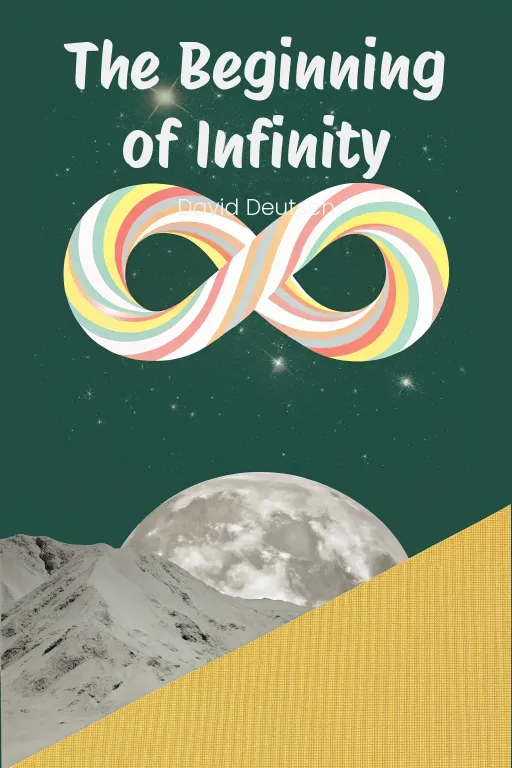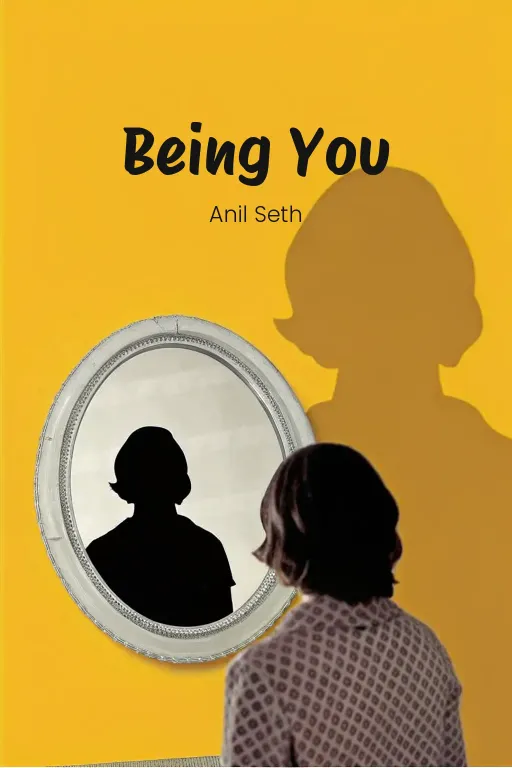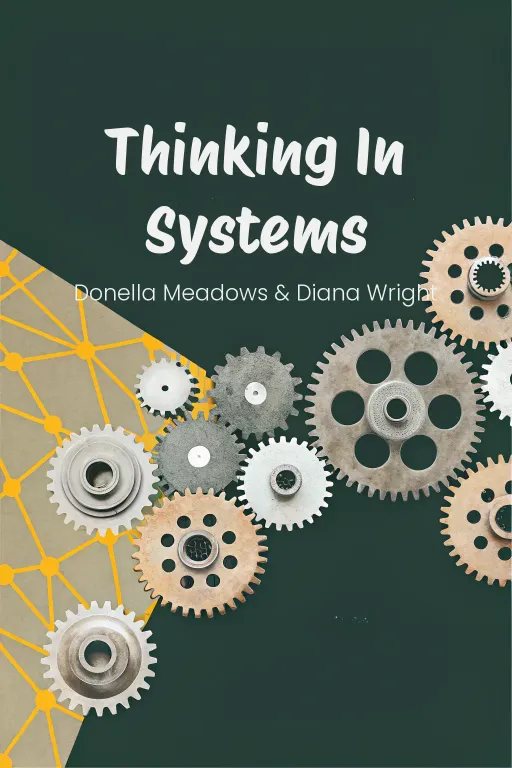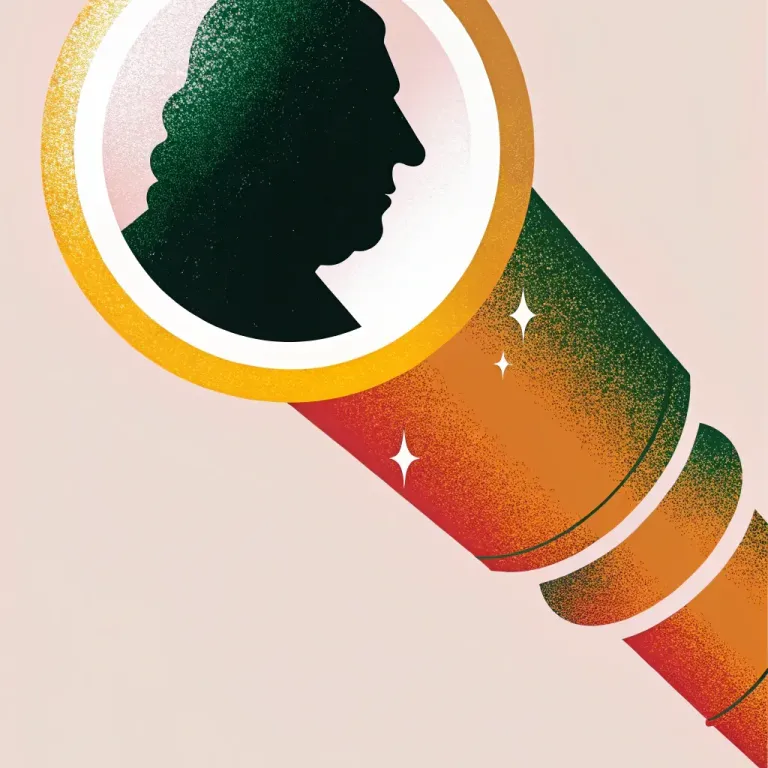
Cosmic Shadow: Einstein's Fame Eclipse
Podcast by When It Happened with Olivia
His Life and Universe
Cosmic Shadow: Einstein's Fame Eclipse
Olivia: What if proving the universe bends the rules required a cosmic shadow show, turning a thoughtful physicist into a global icon overnight? Welcome back to When It Happened, I’m Olivia. Olivia: We're diving into Walter Isaacson’s brilliant biography, "EINSTEIN: His Life and Universe." Everyone knows the iconic wild hair and E=mc², but Isaacson reveals the whole person: the curious, rebellious student suspicious of authority, the determined patent clerk dreaming big after hours, the sometimes-difficult husband and father. He wasn't born famous. So, when did Albert Einstein, the thoughtful physicist, become EINSTEIN, the global superstar? It arguably happened during one specific celestial event, a moment that shifted how the world saw him and the universe itself. Olivia: Picture this: May 29, 1919. World War I has just scarred the globe. British astronomer Arthur Eddington leads expeditions to Brazil and Príncipe, off Africa’s coast. Their mission? Observe a total solar eclipse. But this wasn't tourism. Armed with cameras, they aimed to capture starlight near the eclipsed sun, testing Einstein's wild theory: that the sun's immense gravity would actually bend light. It was a high-stakes cosmic gamble, a shadow play designed to reveal the universe's hidden rules. Olivia: The results were stunning. Eddington's photographic plates confirmed it: starlight had bent, precisely as Einstein predicted. Newspapers worldwide erupted – "Revolution in Science!" "Lights All Askew!" Overnight, the quiet physicist became the most famous scientist alive. This eclipse wasn't just scientific validation; it was a coronation. It transformed Einstein's abstract theories into something visible, launching him onto a global stage. This fame, born from observing distant stars, later amplified his powerful voice advocating for peace and human rights, connecting the curious mind to the world-changing icon. Olivia: So, what can we learn? Perhaps that groundbreaking ideas, born from relentless curiosity like Einstein's, sometimes need a dramatic demonstration to capture the world's imagination. Trust your "what ifs," but be ready to show the proof, whether in the stars or the data. That’s all for this week on When It Happened. I’m Olivia. Keep wondering!

